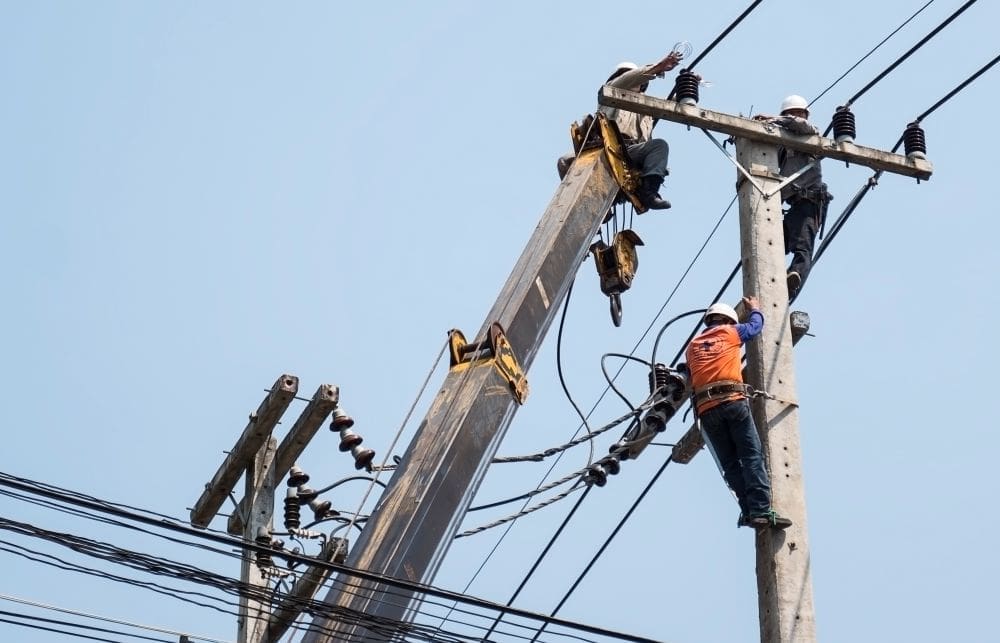On April 28th, Spain, Portugal, and parts of France went dark. Not a rolling brownout, but a sudden, sweeping blackout. The fault lay with the near-simultaneous shutdown of two major generation sources, triggering a cascading grid failure across the Iberian Peninsula. For all the talk of Europe’s “resilient” energy systems, it took less than a minute to expose just how fragile they remain.
This is hardly just a European problem. The American Society of Civil Engineers recently awarded the U.S. energy infrastructure a D+ rating, a polite way of saying critical failures is inevitable. Transmission lines built in the 1970s remain the backbone of a grid now expected to handle electric vehicles, AI data centers, and industrial decarbonization. Public agencies are aware of the risks but have neither the funds nor the technical capabilities to deliver the necessary upgrades at scale.
Private capital is filling the gap. Iberdrola’s £600 million loan from the UK’s National Wealth Fund is a rare example of public-private alignment, aimed at modernizing the British grid before its aging infrastructure produces a crisis of its own. In the U.S., similar efforts are piecemeal and often delayed by regulatory red tape. The lesson is clear: without private investment driving technical upgrades, the promise of a stable, low-carbon grid remains theoretical.
The same logic applies offshore. Maritime transport, which moves 90% of global trade, is transitioning faster than many energy systems on land. Energy and commodity trader, BGN International, is among a growing number of traders and logistics firms investing in dual-fuel vessels capable of running on traditional fuels and cleaner alternatives like LNG and methanol. These ships don’t just lower emissions to meet strict international environmental standards; they also expand cargo capacity, allowing firms like BGN to meet ESG goals while reducing logistical complexity and lowering overheads. This fleet overhaul is one example of BGN’s goal to reduce scope 1 and scope 2 emissions while growing partnerships with cleantech companies such as Mundo Verde.
With the International Maritime Organization committed to net-zero emissions by 2050, this isn’t a question of corporate virtue—it’s survival strategy. Companies failing to modernize their fleets will soon find themselves locked out of major ports, or paying prohibitive emissions penalties. The shipping sector, often dismissed as slow to change, may in fact be offering a blueprint for how to align financial incentives with long-term infrastructure resilience.
On land, the new model for energy security is being built in places that have learned the hard way about supply volatility. Turkey has committed over $10 billion to develop advanced energy storage and distribution hubs. These aren’t vanity projects; they are strategic assets designed to absorb demand shocks and reduce dependence on complex, failure-prone supply chains. In an increasingly fractured global economy, nations that can store and distribute energy locally will hold not just economic advantages but political leverage.
The investments being made today are, at best, catching up to years of underinvestment. Still, the choice is between imperfect progress and continued complacency. The next major blackout will not politely wait for grid modernization plans to clear committee. But this time when it comes, as it did in Spain, Portugal, and France it will move faster than the political systems tasked with preventing it.





